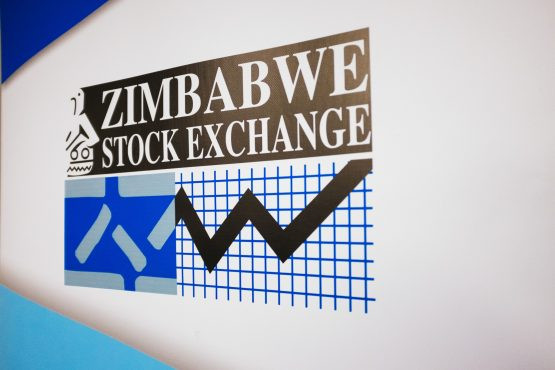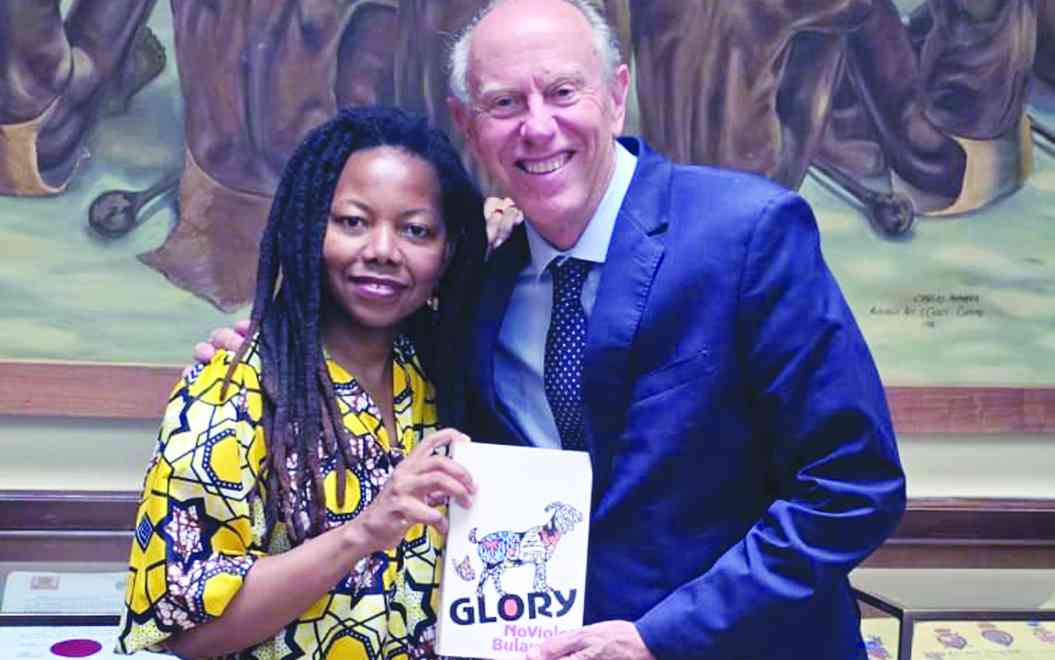
GETBUCKS Micro-finance Bank Limited (GetBucks) says it plans to raise fresh funding to meet central bank prescribed US$5 million minimum capital requirements by year end.
According to the central bank, only two out of the seven deposit-taking micro-finance institutions (DTMFIs) were compliant with the minimum capital requirements of the local currency equivalent of US$5 million.
This was due to these DTMFIs experiencing losses during the period, according to the apex bank.
In its financial statement for the year ended December 31 2022, GetBucks chairperson Rungamo Mbire said the bank was in negotiations to discuss initiatives to raise capital.
“The micro-finance bank is in the process of negotiating transactions as part of its capital raise initiative,” Mbire said.
“The anticipated capital raise will help the microfinance bank address the regulatory minimum capital requirement of US$5 million equivalent. The raised capital will reduce the micro-finance bank’s cost of funding, as well as capacitate the micro-finance bank’s expansion drive. Trading in USD ensures a significant degree of certainty in planning and operations.
“However, the local currency continues to be pummelled by both inflation and exchange loss against all the major currencies,” he noted.
Mbire said these vices necessitated the micro-finance bank to continue implementing capital preservation initiatives to preserve shareholder value.
- GetBucks seeks US$5m for re-capitalisation
Keep Reading
GetBucks reported that the micro-finance bank’s net equity position was ZW$1,53 billion as at the end of the reporting period, translating to US$2,23 million as of the end of 2022 (at the then official rate of US$1:ZW$671).
One of the biggest problems in generating the necessary liquidity was the downturn of the Zimbabwe dollar, which fell by over 70% last year.
This is because it led to a tighter monetary policy that included interest rates of 200%, making it difficult for clients to borrow money from lending institutions such as GetBucks.
GetBucks’ loan book increased by 147% to ZW$1,52 billion in 2022 from ZW$617 million in 2021.
However, owing to the Zimbabwe dollar depreciation, net interest income dropped 58,49% to ZW$398,94 million during the period under review from a 2021 comparative of ZW$961,32 million.
This, coupled with a 19,21% increase in operating expenses to ZW$1,63 billion and a tax expense of ZW$166,82 million, led to an overall loss for the group of ZW$30,95 million in 2022.
“Customer deposits increased 132% to close at ZW$631 million from ZW$272 million in 2021. The increase is attributable to the increased use of the USD in the economy. The micro-finance bank is now issuing loans in US dollars and deposits in this currency tend to stick a bit longer,” Mbire said.
“There, however, still exists a general market’s reluctance to hold on to monetary assets especially in Zimbabwe dollars considering the inflationary pressure and fear of real monetary loss due to currency depreciation.”
GetBucks reported that the micro-finance bank had complied with all externally imposed capital requirements throughout the period.
“There have been no material changes in the micro-finance bank’s management of capital during the period. The Reserve Bank of Zimbabwe (RBZ) regulates the minimum capital requirements of all micro-finance lenders,” it said.
“The shareholders' equity for the Micro-finance Bank at year end of ZW$1 526 419 761, which translates to US$2 230 502, was not in compliance with the RBZ's minimum capital requirement of USD equivalent of 5 000 000. Management continues to pursue strategies to ensure that the micro-finance bank meets the minimum capital requirements by both organic growth and fund raising.”
To ensure compliance with the regulatory minimum capital requirement, the deadline for meeting it was extended to December 31 2023. During this period, GetBucks will work on its re-capitalisation plan. GetBucks managing director Edwin Chavora said the re-capitalisation of the institution that was expected to be concluded in 2022 will happen in 2023 which "should see us being able to underwrite more business.
“The increased use of the United States dollar in the economy will boost the institution's lending capacity and also help preserve earnings.”











